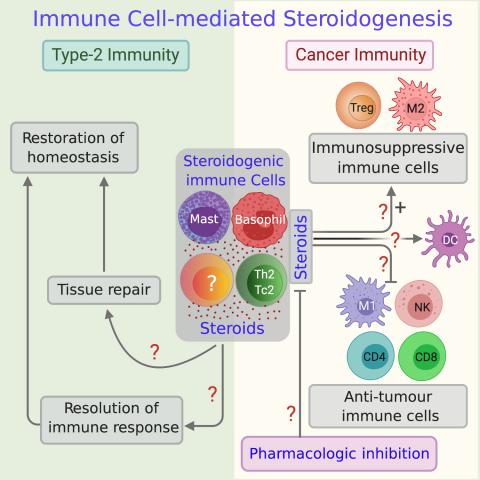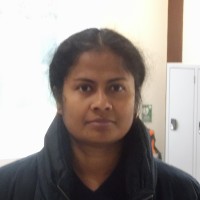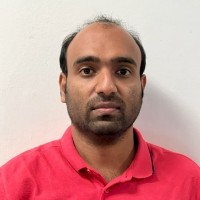
Immune cell-mediated steroidogenesis
We discovered that immune cells can synthesise and secrete steroid hormones to regulate immune cell function. At present we know very little about the physiological and pathological role of this immune cell-mediated steroid biosynthesis. Therefore, we are curious to know the cause, mechanism and consequence of this immune cell steroidogenesis. We are committed to exploiting this knowledge to improve human health and combat disease.
Our initial studies suggest that immune cell-mediated steroid biosynthesis is involved in type-2 immune responses such as helminth infection, allergies and allergic asthma, pregnancy and many solid tumours. We hypothesise (1) immune cell steroidogenesis pathway is required to resolve immune response and restore tissue homeostasis in helminth infections (2) the pathway is mutated in allergies and allergic asthma, and (3) in solid tumours, steroid-producing immune cells are associated with anti-tumour immunosuppression and immune evasion.
We prioritised to study the role of steroidogenic immune cells in regulating anti-tumour immunity, and aim to develop a novel immunotherapeutic strategy against cancer. We undertake multidisciplinary approaches to answer our questions of why, how and when immune cells produce steroids.
Collaborators
Professor Klaus Okkenhaug, University of Cambridge, UK
Professor Nicholas Coleman, University of Cambridge, UK
Professor Carlos Caldas, CRUK Cambridge Institute, UK
Professor Wiebke Arlt, University of Birmingham, UK
Dr Amit Roshan, CRUK Cambridge Institute, UK
Dr Amit Agrawal, Cambridge University Hospitals NHS Foundation Trust, UK
Dr Rahul Roychoudhuri, University of Cambridge, UK
Dr Simon Buczacki, University of Oxford, UK
Dr Abhik Mukhopadhyay, Cambridge Crystallographic Data Centre, UK
Dr Xiuwei Zhang, Georgia Institute of Technology, USA
Dr Mingfu Shao, Pennsylvania State University, USA
Key publications
1. Chakraborty S, Pramanik J, and Mahata B. (2021) Revisiting steroidogenesis and its role in immune regulation with the advanced tools and technologies. Genes & Immunity. https://doi.org/10.1038/s41435-021-00139-3
2. Mahata B*, Pramanik J, van der Weyden L, Polanski K, Kar G, Riedel A, Fonseca NA, Kundu K, Campos LS, Ryder E, Duddy G, Walczak I, Davidson S, Okkenhaug K, Adams DJ, Shields JD* and Teichmann SA*. (2020) Tumors induce de novo steroid biosynthesis in T cells to evade immunity. Nature Communications https://www.nature.com/articles/s41467-020-17339-6
3. Pramanik J, Chen X, Kar G, Henriksson J, Gomes T, Park J, Natarajan K, Meyer KB, Miao Z, McKenzie AN, Mahata B*, and Teichmann SA*. (2018) Genome-wide analyses reveal the IRE1a-XBP1 pathway promotes T helper cell differentiation by resolving secretory stress and accelerating proliferation. Genome Medicine 10:76
4. Mahata B*, Zhang X, Kolodziejczyk AA, Proserpio V, Haim-Vilmovsky L, Taylor AE, Hebenstreit D, Dingler FA, Moignard V, Göttgens B, Arlt W, McKenzie AN, Teichmann SA*. (2014) Single-cell RNA sequencing reveals T helper cells synthesizing steroids de novo to contribute to immune homeostasis. Cell Reports 7: 1130-1142.
*co-corresponding author
Dr Bidesh Mahata
Research Group Leader
|
Dr Jhuma Pramanik Postdoctoral Researcher |
Dr Sanu Postdoctoral Researcher |
Christopher Ward PhD Student |




